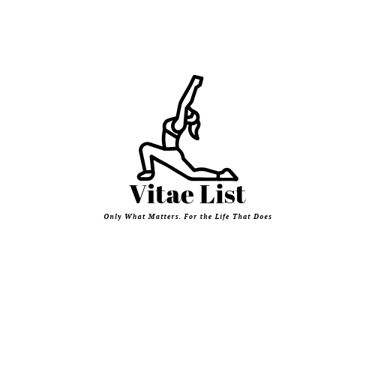High-Protein Diets: Benefits, Risks, and Meal Ideas
Blog Description: Explore the benefits and potential risks of high-protein diets with this practical guide. Learn how to build balanced, protein-rich meals that support muscle growth, appetite control, and metabolic health—plus smart tips to avoid common pitfalls.
NUTRITION
Vitae List
6/1/20252 min read


High-Protein Diets: Benefits, Risks, and Meal Ideas
Affiliate Disclaimer: This post may contain affiliate links. As an Amazon Associate, we earn from qualifying purchases. This helps support our content creation at no extra cost to you.
Introduction: Why Protein Matters
Protein is the cornerstone of muscle repair, metabolic function, and satiety. Whether you're aiming to build lean mass, manage weight, or simply feel fuller for longer, increasing your protein intake can be a game-changer. But like any nutritional strategy, it’s important to understand both the upsides and potential downsides of a high-protein diet.
Benefits of a High-Protein Diet
1. Improved Muscle Mass and Recovery
Protein supports muscle repair and growth—especially important if you're strength training or aging and experiencing natural muscle loss.
✅ Best Source Tip: Whey protein powder or lean meats like chicken breast and turkey.
2. Enhanced Satiety and Weight Management
High-protein meals help you feel full longer, reducing snacking and calorie intake.
✅ Try This: Greek yogurt or hard-boiled eggs as a mid-morning snack.
3. Boosted Metabolism
Protein has a higher thermic effect of food (TEF) than carbs or fats, meaning your body burns more calories digesting it.
✅ Meal Idea: Grilled salmon with quinoa and roasted vegetables.
4. Blood Sugar Control
Pairing protein with carbohydrates slows glucose absorption and helps stabilize blood sugar.
✅ Good Combo: Oatmeal with a scoop of protein powder or cottage cheese and berries.
Risks and Considerations
1. Strain on Kidneys (in certain populations)
Those with pre-existing kidney conditions should be cautious and consult their doctor before starting a high-protein diet.
2. Nutrient Imbalance
Focusing too much on protein can lead to neglecting other essential nutrients like fiber, healthy fats, and phytonutrients.
3. Digestive Discomfort
Too much protein, especially from processed sources, may cause bloating or constipation without enough fiber and water.
Smart Meal Ideas for High-Protein Living
Breakfast: Scrambled eggs with spinach and turkey bacon.
Lunch: Tuna salad with olive oil, chickpeas, and mixed greens.
Dinner: Grilled chicken breast, sweet potato, and steamed broccoli.
Snack: Protein smoothie with whey, banana, and almond butter.
Conclusion: Find Your Protein Sweet Spot
A high-protein diet can be incredibly effective when paired with whole foods and a balanced approach. Focus on variety—mix plant-based and animal-based proteins, monitor how your body responds, and adjust accordingly. As with any dietary shift, personalization is key.
